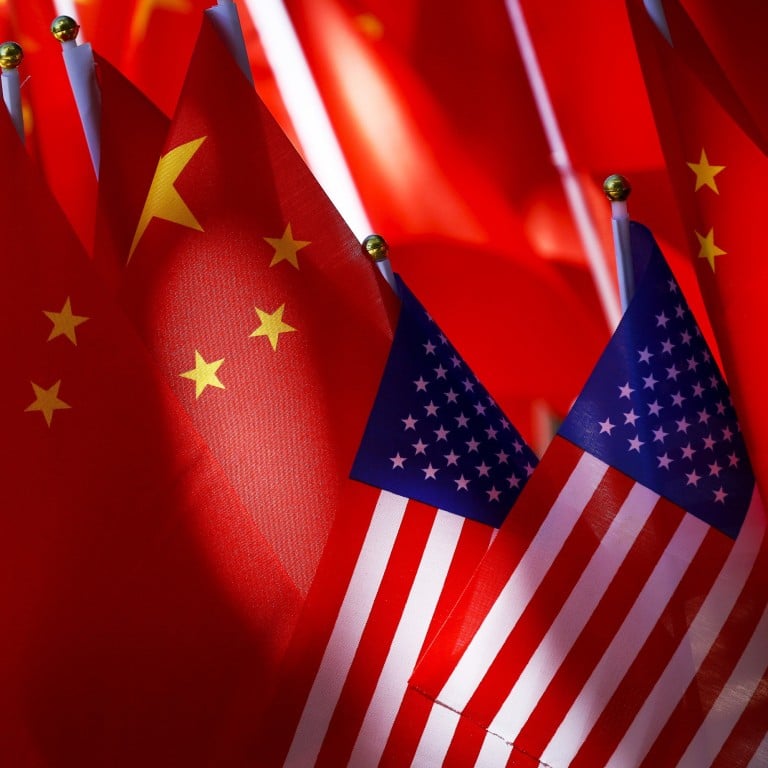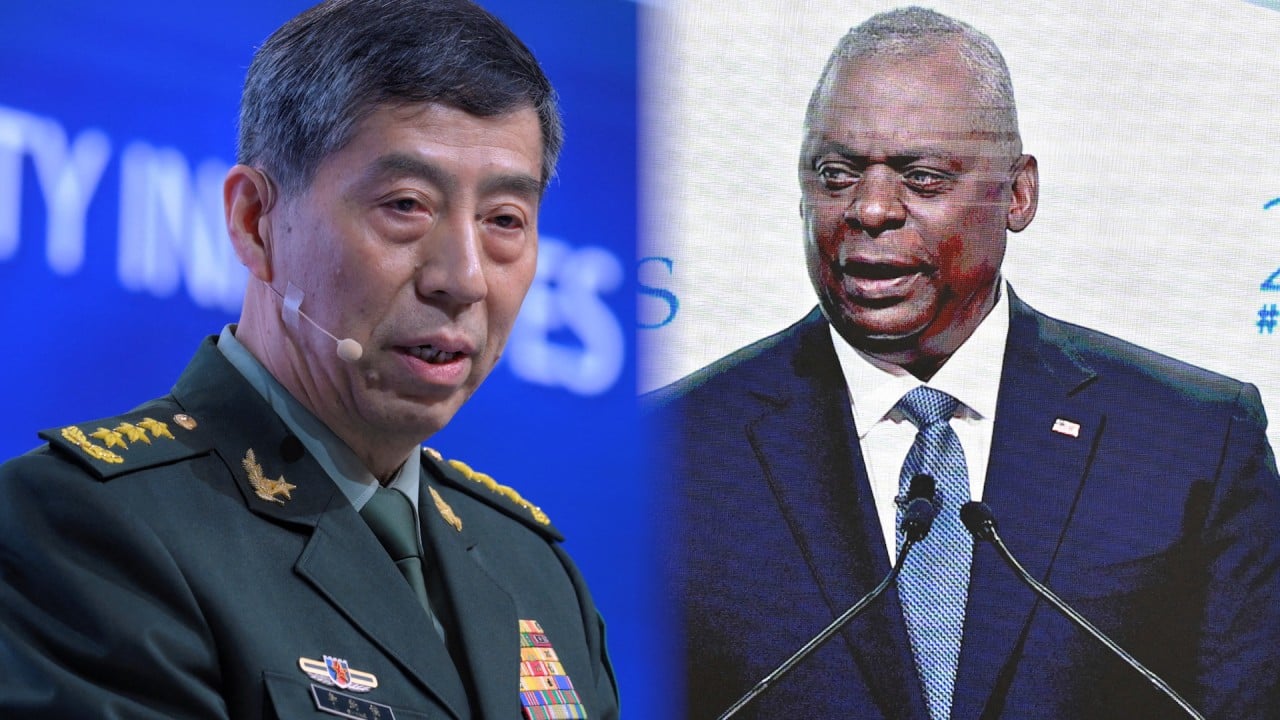
China-US rivalry worries people in Singapore, South Korea, Philippines
- Poll finds Singaporeans are less worried, with the greatest concerns in countries allied with Washington
- The growing tensions between the powers are stoking regional fears of the effect on domestic politics and national security
“Most think the consequences of more intense US-China competition will be negative,” the Eurasia Group Foundation (EGF) said in a report released on Monday.
Of the 1,500 adults canvassed in the three countries, almost a quarter – 24.5 per cent – said they were “very worried”.
The poll – which asked detailed questions about views on the United States, China and the competition between the two – found 62 per cent of respondents believed their country’s “national security will be put at risk” if tensions increased.
A lower majority of 57 per cent expected their country’s “politics will intensify as political parties pick sides in the US-China rivalry”, according to the New York-based organisation’s findings.
Shangri-La Dialogue: US and China stand ground on Taiwan, South China Sea
The EGF study is the latest in a growing body of evidence that many countries in the region are anxious about getting caught in the whirlwind of power rivalry swirling between the two sides of the Pacific.
At the Boao Forum for Asia in March, Singaporean Prime Minister Lee Hsien Loong warned that the US-China relationship was the “most worrying” issue, with tensions between the two felt “keenly” across the world.
At the same event, in the southern Chinese province of Hainan, Malaysian Prime Minister Anwar Ibrahim stressed the need for “certain guardrails” to prevent geopolitical competition – now focused on the hi-tech sector – leading to a “bifurcation in the technological world”.
Of the three countries surveyed by EGF, Singapore maintains a nonaligned position between the two powers, while South Korea and the Philippines are treaty allies of the US.
Seoul and Manila have seen a foreign policy shift towards Washington, as US President Joe Biden’s administration steps up its efforts to rally its allies to form a united front against Beijing.
Despite recent signs of a thaw, with some senior-level meetings, the US and China remain locked in intensifying contention on multiple fronts, from the Taiwan Strait to the chip war.
Beijing has accused Washington of forming “exclusive blocs” to contain and suppress China, while US Secretary of State Antony Blinken said last week they were “not asking anyone to choose between the US and China”.
Chinese foreign ministry spokesman Wang Wenbin responded on Friday, saying “we hope that US diplomatic missions across the globe will act on this commitment he made”.
“We will listen to what the US says but more importantly, we will be watching what it does.”
Singapore-China ties based on policy, not ‘skewed view’ of cultural interests
The EGF survey found that about half of the respondents in Singapore, South Korea and the Philippines chose “tensions between the US and China” as one of the most “pressing challenges” facing their country.
Of lesser concern were pandemics, political instability and human rights. Only economic challenges and climate change registered higher than the US-China relationship.
About 81 per cent of Filipinos and 67 per cent of South Koreans think rising geopolitical tensions between Beijing and Washington are likely to imperil their country’s national security, according to the survey. Only about one-third of Singaporeans regard the same outcome as probable.
“Singaporeans (27 per cent) are almost as likely to believe that they will benefit economically from both countries competing as they are likely to worry about the national security consequences,” the report said.
The survey found that individuals with more favourable views of the US were more likely to think US-China tensions would threaten their country’s national security or intensify its political divisions.
Those harbouring more positive sentiments towards China tended to hold the opposite opinion, and “they are also more likely to think US-China competition will be economically beneficial for their country, and positive for its security”, the report said.
About 70 per cent of respondents reported favourable views of the US, compared to only one-third who see China favourably. However, EGF said these views varied significantly by country across Singapore, South Korea and the Philippines.
The report also found that positive views of China did not preclude a positive attitude towards the US, including its government, culture and foreign influence. “A gain for China is not necessarily America’s loss,” it said.
Some 44 per cent of the people surveyed who nominated China as the biggest economic influence in Asia welcomed the development, compared to 56 per cent who worried about it.
“While China’s economic influence may be stronger than America’s, it is viewed less positively,” the report said.
Zuo Xiying, professor of international relations at Renmin University of China, said last week that Beijing should improve its diplomatic efforts in Asia to counteract the strategic containment imposed by the US.
“Neighbouring countries … play a crucial role for China in breaking through the US blockade,” he said at a virtual forum held by the university’s National Academy of Development and Strategy on Friday.




